
God’s gracious offer
Zechariah 1: Come back to me and I’ll come back to you.
Haggai isn’t the only preacher talking about rebuilding the Temple. Zechariah is right there with him calling for the reconstruction of the place of worship. In fact, long after Haggai has disappeared from the world stage we find Zechariah still proclaiming God’s message. Zechariah is an encourager to his people, reminding them that, as his name means: “The Lord remembers.” He wants them to know that God remembers the promises he made to their ancestors and that they can depend on him to keep those promises. His book starts with very good news as the Lord says to them, “Come back to me and I’ll come back to you.” One doesn’t have to have lived 2500 years ago to be stirred by these words. The Lord isn’t a hard, unforgiving Judge who’s out to destroy us. Instead, he’s compassionate and merciful; patiently inviting us to respond to his message of hope. Again, I don’t have to be one of the ancient returned exiles to be thrilled with this invitation. In Christ, that invitation is enhanced and God’s intense desire is made even clearer. When I turn to the Lord I find that he’s already met me more than half way – that happened on a hill called Calvary.
Take Away: When we come to the Lord we find that, not only is he willing to forgive us, but that he loves showing us mercy.
Tag: Book of Zechariah
Devotional on Zechariah

Legacy of faithfulness
Zechariah 1: But the Message…isn’t dead and buried.
Zechariah remembers the stories of the old time prophets of his history. They were spiritual giants like Isaiah and Jeremiah and Ezekiel. These mighty men proclaimed God’s message with, admittedly, limited contemporary success. The people of their day ignored their message and faced the consequences. Now, all that is in the distant past and the people God claimed as his own are back in their home country, reestablishing their lives there. Zechariah has a new word from the Lord. Well, the word is new, but the message is old. The Lord still calls people to an obedient walk with himself. He still invites those who will to live in his fellowship and to participate in his holiness. The messengers might have changed, but the purpose of God remains. It’s humbling to realize that, as a pastor, I have a role in this process today. I know that someday my voice will be silenced (hopefully, not for a few decades yet) and hope that when the kids (these days, that’s anyone less than thirty) look back on my ministry that they’ll remember me as one who was faithful in proclaiming the timeless truths of God.
Take Away: As people look back on our lives let them remember us as those who were faithful to God’s call on our lives.
Devotional on Zechariah

Not acting like a bully
Zechariah 1: …Godless nations that act as if they own the whole world.
About half of this book of Zechariah contains descriptions of visions the prophet is given. In the first vision the Lord tells Zechariah that he’s angry with “godless nations that act as if they own the whole world.” Not only is the Lord angry, he’s about to do something about it. The Lord had given the mega-powers of the region authority over Israel but they went too far, crushing that tiny nation without any show of mercy. The Lord says he was angry with Israel, but now he’s very angry with these nations that acted without mercy. The vision is intended to condemn those world powers while comforting powerless Israel. I’m reminded as I read these words that I live in a nation that is a world power. We have the economic and military might to dominate others. The vision of the prophet speaks to me, not as one of the oppressed but instead, as one of the powerful. God has a history of looking out for the needs of the powerless and of holding the powerful accountable. We aren’t to go around the world flexing our muscles like a bully who always has to get his own way. The truth is that we don’t own the whole world and we had better remember who does!
Take Away: It’s God’s world and we’re accountable to him for how we live in his world.
Devotional on Zechariah

A wonderful promise
Zechariah 2: A wall of fire around…and a radiant presence within.
When the exiles arrived at Jerusalem they found a city in ruins, uninhabitable. They went to work rebuilding their city and its protective wall. In fact, there’s a book of the Bible, Nehemiah, which is almost completely focused on the rebuilding of the wall of Jerusalem. Now, Zachariah is told that, due to the Lord’s blessing, Jerusalem’s going to outgrow its walls. There’s no need to fear though, because God, himself, is going to be a wall of fire around that city, protecting it from all invaders. The prophet adds that, even better, God’s presence is going to be burning inside the city as well. I know that these words are spoken to the Israelites as a nation and not as individuals. Indeed, it’s a wonderful promise to these exiles as they labor to re-establish themselves in this land that was promised to them centuries earlier. Still, I can’t help but internalize this promise. The Lord is with me. He surrounds me with his presence. Nothing comes into my life that he doesn’t allow. Meanwhile, in my heart, I enjoy the “radiant presence” of the Lord. He protects me and he blesses me. I know that in a Christian sense, the passage is rightly applied to the bride of Christ, the Church. Still, it’s a terrific promise to take to heart and I’m thankful for it today.
Take Away: Thank the Lord for his protection and his blessings.
Devotional on Zechariah

A courtroom scene
Zechariah 3: Get him out of those filthy clothes.
In his vision Zechariah sees the high priest, whose name is Joshua, in a courtroom scene. Joshua represents not only himself, or the priesthood of Israel, but the entire nation. Their situation is a dire one. Even though they’ve been snatched from the consequences of their sin and returned to their homeland, they remain unclean before God. And that’s what the Accuser comes to declare. However, there’s a remedy. In the vision, the Lord removes the high priest’s uncleanness and outfits him in clean clothes. Then, the prophet asks that Joshua be given a clean turban as well. Now, remember that Joshua’s the high priest. The clothes he’s given aren’t just average clothes and the turban isn’t an average turban. They’re the robes and turban of the high priest: rich garments reflecting his high position. That hat, in particular, has meaning. The turban worn by the high priest has a gold plate on it that’s inscribed with the words “Holiness unto the Lord.” This is powerful symbolism. Although the people are redeemed they remain unclean in the sight of the Lord. Through the mercy and grace of God there’s a remedy. The Lord purifies their lives and then outfits them in his holiness. Believers of today can identify with this. After I put my faith in Jesus as my Savior I come to realize that there remains a basic uncleanness in my heart. It’s when I throw himself to the mercy of God that he takes action to graciously purify my heart and fill me with his Holy Spirit that I might be holy in his sight.
Take Away: Through the mercy and grace of the Lord there’s a remedy for the stain of sin.
Devotional on Zechariah
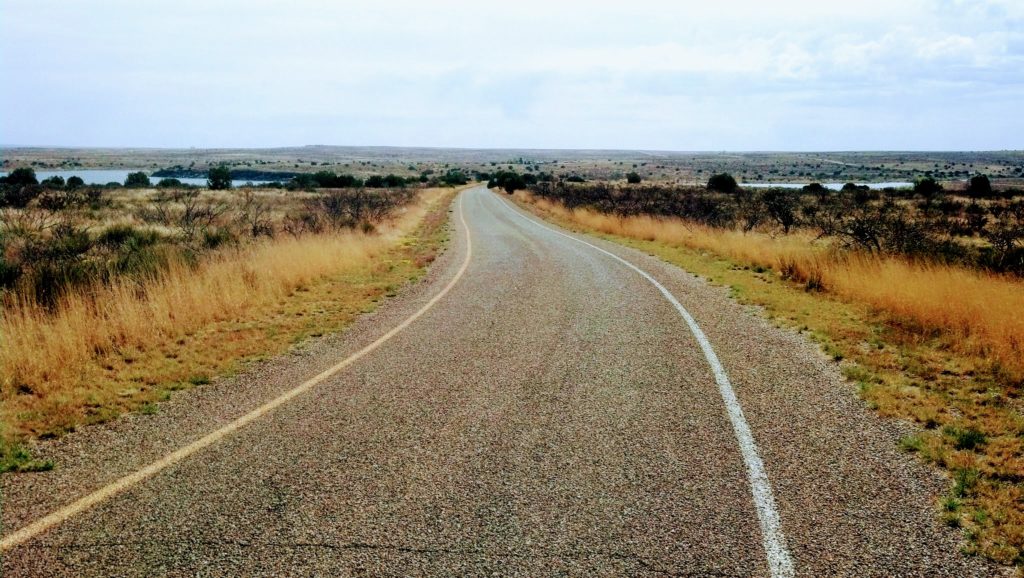
God powered
Zechariah 4: You can’t force these things. They only come about through my Spirit.
This statement to governor Zerubbabel is part of one of the most famous portions of Zechariah’s writings. Zerubbabel has already accomplished great things in leading the exiles back to Jerusalem. Now, in response to the urgings of Haggai and Zechariah he’s ready to shoulder the task of rebuilding the Temple. His heart, and the hearts of his people, is in the right place. God is pleased with them. The Lord’s words to the good man and his people are wonderfully encouraging: the Temple will be rebuilt not because of some extraordinary human effort, but by the power of God’s Spirit. This doesn’t mean that the governor and people can sit back and do nothing while a Temple rises from the ashes of destruction, but it does mean that the power for this project is coming from God. The Lord is with them, not only approving of their actions but empowering them as well. With that in mind I see here that my efforts to accomplish things in the Name of the Lord aren’t limited by my own initiative, skills, or intelligence. Every program of the church should be eligible for the label: “God powered.” If that isn’t an encouraging word I don’t know what is.
Take Away: What we accomplish in the Name of the Lord we accomplish by the power of the Lord.
Devotional on Zechariah
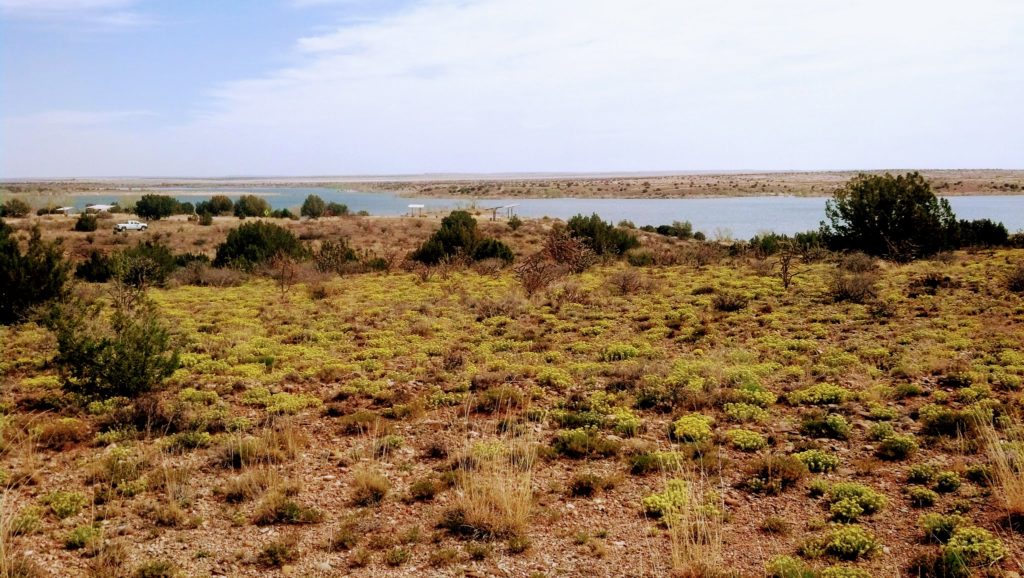
Nothing more needs be said
Zechariah 4: So, big mountain, who do you think you are?
Zachariah’s well known vision and message continues with a wonderfully encouraging word to governor Zerubbabel. The task before him is a daunting one and there’s real opposition. Zerubbabel is tasked with following in the footsteps of one of the most famous kings of Israel, King Solomon, who built the first Temple. During Solomon’s reign, Israel was a powerful and respected nation. Now, Zerubbabel leads a relatively small number of returned exiles in a land that has hostile elements. In the language of this passage he faces a “mountain” of obstacles to his completion of this, the greatest project of his life. However, even though there’s much to stop him, there is even more to assure his success. The “even more” is God. The Lord’s pleased with his commitment to this task and the Lord’s going to see to it that he succeeds. My friend, once those words are said there’s nothing more to say and the only thing left to do is to do it. Through the centuries God’s people have discovered this passage, and many others like it, and have been both challenged and encouraged to do mighty deeds in the name of the Lord. Not only that, ordinary people like me have applied this “big mountain, who do you think you are?” approach to dealing with the ordinary, everyday circumstances of life. As Paul writes to the Church at Rome, “What, then, shall we say in response to this? If God is for us, who can be against us?”
Take Away: God’s Spirit, in me, makes the impossible possible.
Devotional on Zechariah

Prophet, Priest, and King
Zechariah 6: Showing that king and priest can coexist in harmony.
The prophet has a number of visions, and I’m not sure even he understands them all. In one vision he sees the high priest, Joshua and is told to fashion a crown for him. Zechariah is also told that Joshua’s (which is Hebrew for “Jesus”) name is “Branch” because he will “branch out” and take on the role of royalty, serving as both priest and king. Now, I’m pretty lost in the contemporary meaning of this vision. However, I know that about 500 years from the time these words are written that a man who is Prophet, Priest, and King is going to come to this world. These offices will be united in him and he’ll change everything. I know Zechariah’s words have meaning for the people who have returned from exile and are focused on rebuilding the Temple. However, I think they’re also intended to lay a foundation of understanding concerning the coming of the Son of God to this world. When the writer of Hebrews describes Jesus to us he spends a great deal of time describing his ministry as our Great High Priest. Then, the Revelator lifts him as King of kings and Lord of lords.
Take Away: In Jesus we have prophet, priest, and King.
Devotional on Zechariah

The church calendar of events
Zechariah 7: You’re interested in religion, I’m interested in you.
For seventy years the people of Israel have observed an annual day of mourning in remembrance of the fall of Jerusalem. Now, God’s promise of restoration has been fulfilled and many have returned to their homeland. A delegation of Jews arrives to ask whether or not that day of mourning should be continued. A committee is formed to make a decision and Zechariah has a word from the Lord for them. The Almighty says that the annual observance wasn’t for his sake but for theirs. If they want to look to the past, they need to look to the unchanging message of God’s messengers through the years. When all’s said and done, the Lord tells them, its people and not God who get all worked up over religious traditions. His concern is for people and not about annual fasts and feasts. That, my friends, is a terrific reminder for church folks. Having annual events isn’t a bad thing but it’s not the main thing. God cares about people. The Lord’s all for it if a yearly homecoming celebration helps us minister to people. If it’s an inward-focused, remembering-the-good-old-days event, well, the Lord sees it as a waste of time. How we go about doing church matters to God, but his concerns are often considerably different than are ours.
Take Away: The Lord cares about people a lot more than he cares about our church calendars.
Devotional on Zechariah
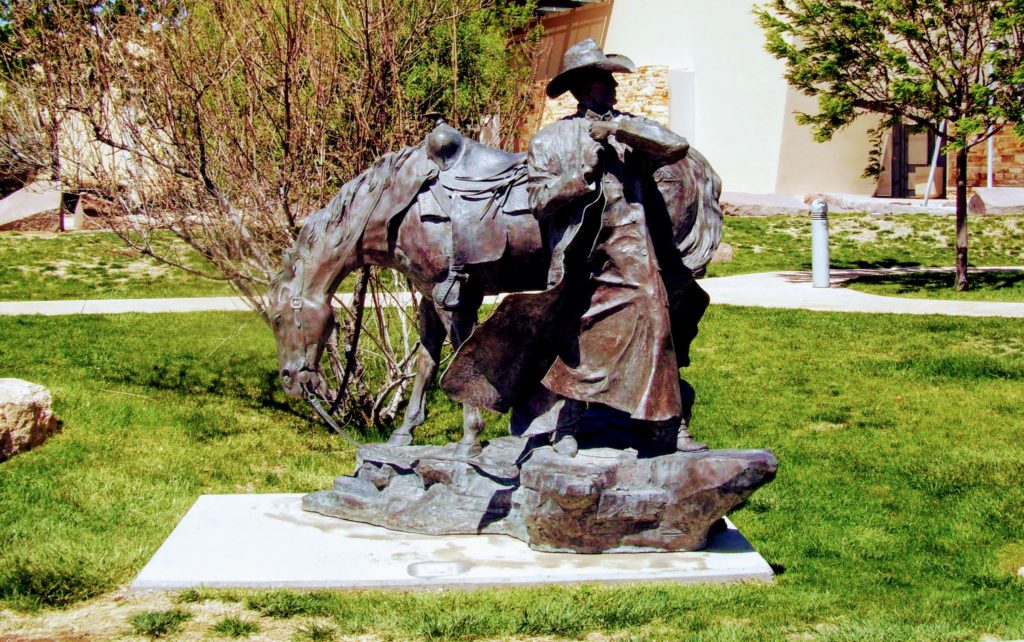
God’s priority list
Zechariah 7: The message hasn’t changed.
The question asked concerning the day of fasting in memory of the destruction of Jerusalem opens the way for the Lord to restate what he requires of his people. Through Zechariah the Lord reminds them that his requirements are unchanged. He isn’t very interested in their traditions but he’s very interested in how they treat one another. He’s always called for them to love their neighbors and be compassionate in their dealings with one another. Also, the Lord still has a special concern for widows, orphans, outsiders, and the poor. If these Jews want to please the Lord, they’ll focus on these things more and on their traditions less. Zechariah goes on to describe how, when their ancestors ignored these things that the Lord became angry with them and scattered them throughout the world. Is it possible that we spend too much time worrying about doing church properly and too little time pursuing the things the Lord lists here? When all is said and done, is the Lord more interested in how capably I can do church than he is in how I treat the poor? This passage ought to serve as a compass for all who consider themselves to be a people of God. Here we find a description of how God’s people ought to live.
Take Away: When all is said and done, the Lord is more interested in how we treat others than in how we do church.
Devotional on Zechariah

Promise box theology
Zechariah 8: Is anything too much for me?
This section of Zechariah’s writing is made up of short “Proverbs-like” statements from the Lord. Years ago we had a little plastic box that had cards with individual verses printed on them. Each day we would pick a card and read the promise for that day. In spite of this fortune cookie approach to Scripture there was the positive aspect of our becoming familiar with all the good things the Lord has to say to his people. To those of Zechariah’s day, his short words of encouragement might have contained some of that “promise box” value. After years of putting it off, they’ve accepted the challenge of rebuilding the Temple. It’s a huge job and they’re overwhelmed by it all. In the midst of all this God’s prophet comes around every so often with a new word of the Lord to them. He tells them that the Lord cares about what they’re doing and that Jerusalem has a bright future. On this day, Zechariah encourages them to remember that the Lord’s helping them and nothing’s too hard for God. As I reach out to make this word of encouragement my own I’m reminded of the downside of using that old promise box. These words are spoken in a specific context. They aren’t about my getting a passing grade on some important test I’m about to take or my getting a raise at work. If I try to make these words about my wants then I’m guilty of twisting the intent of the Almighty. This promise is that God will help me to do what he calls me to do, even if that mission seems like an impossible task. This is a terrific promise just as it is and I need to respect it and not turn it into a tool for getting God to do stuff for me.
Take Away: The Lord will help us to do what he calls us to do.
Devotional on Zechariah

Truth and simplicity
Zechariah 8: Keep your lives simple and honest.
They’ve been through a terribly hard time but now things are getting better. The 70 year exile is over and the new generation of exiles is returning to Jerusalem. When they arrive they’re overwhelmed by the devastation but the Lord sends leaders and laborers and things are coming together. Stones aren’t the only things being put back into place: the Lord is rebuilding a people to be his very own. Through his prophet, Zechariah, the Lord tells them that he wants them to be truthful people who do the right thing in every situation. His desire is for them to live simple and honest lives. If that’s what God wanted in the lives of these ancient Israelites, it’s most certainly what he wants in the lives of Christians today. I wonder if my life can be described as a “simple life?” What is it that dominates my time? In describing his life, the Apostle Paul begins, “This one thing I do….” Is that something I can honestly say? Even as the people of Israel rebuild their city and Temple, the Lord’s rebuilding a people who’ll live truthfully and simply. How can I better respond to this desire of God for his people?
Take Away: The Lord wants us to be people who live truthfully and simply.
Devotional on Zechariah
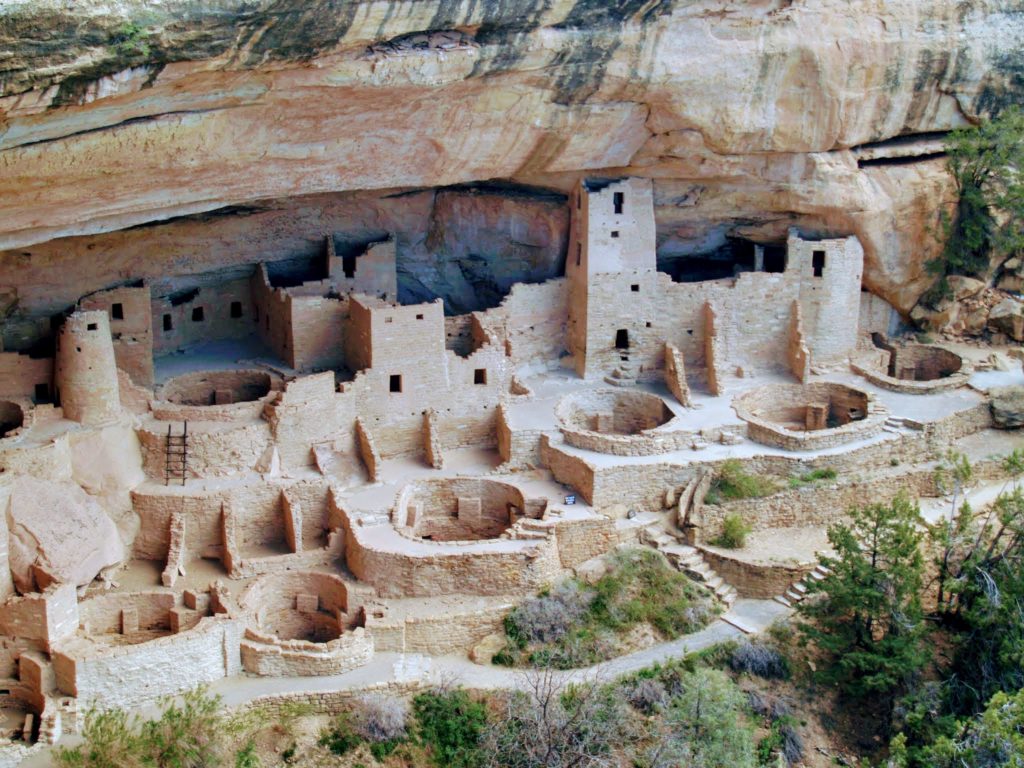
Palm Sunday foretold
Zechariah 9: Your king is coming!
Israel is without a king and under the rule of the Persian King Darius. As the returned exiles accept the call of God to rebuild the Temple, the Lord encourages them through the messages and visions of the prophet Zechariah. God’s pleased with them and their commitment to the huge Temple project and promises to be with them. He’ll do for them what they cannot do themselves. Good days are ahead. Not only will the Lord help them in the reconstruction project, he’s going to make them into a great nation that will influence all the nations of the earth. The day will come when they’ll be freed from the rule of Darius and will, instead, be ruled by a King sent from God. That king will come into Jerusalem, not riding a mount of war, but upon a mount that symbolizes humility and peace, a donkey. It will be 500 years before that event takes place and then at least 2000 years more before the promise Zechariah gives is totally fulfilled. However, the “donkey riding King” has already ridden into Jerusalem. It happened when Jesus, the Messiah, rode a borrowed donkey into Jerusalem on the day we call Palm Sunday. When that took place, the words of long dead Zechariah were proven literally true.
Take Away: The Lord always keeps his promises.
Devotional on Zechariah
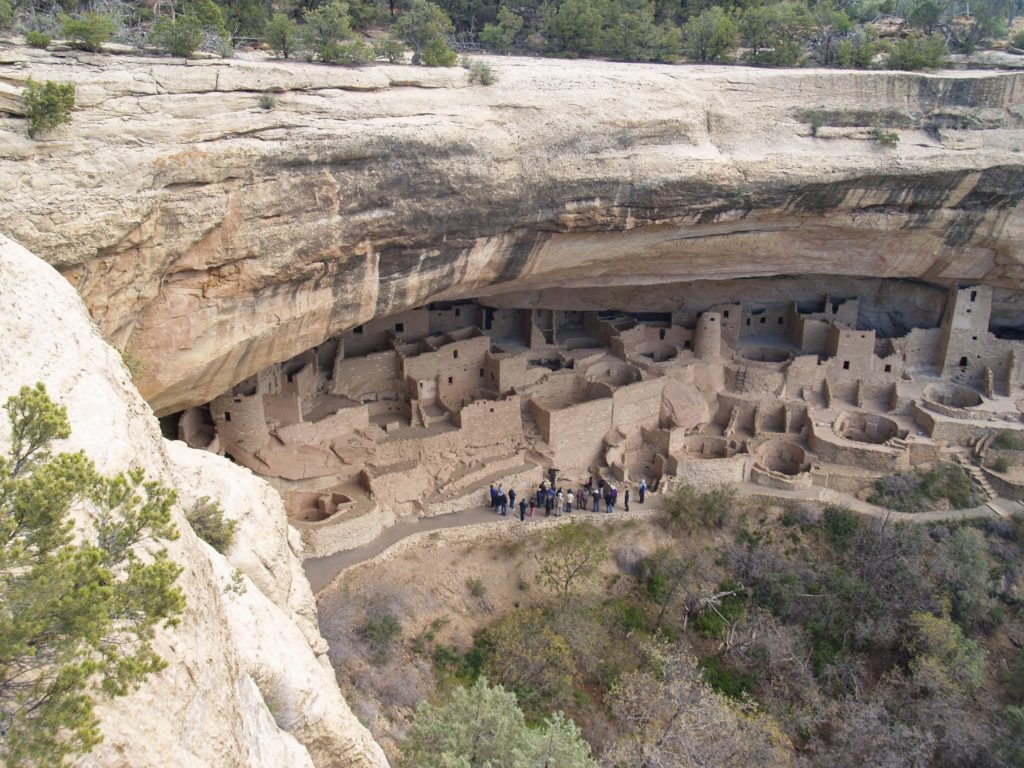
God, golf, and grace
Zechariah 10: They’ll get a fresh start, as if nothing had ever happened.
I’m not a golf historian, so I may not have the story right, but I understand that in days of old a golfer who had not had the opportunity to warm up on the driving range was allowed to declare his first shot off the tee to be a “mulligan.” That meant it was going to be a practice shot and wouldn’t count. The “mulligan” morphed into an after-the-fact point of grace, first, for the opening shot only and then to any one tee shot during the round. I’ve even played golf with some folks who took however many “mulligans” they wanted. My response has always been, “You can take as many second shots as you want as long as you don’t brag about your score!” I’m reminded that out in real life we don’t get many mulligans. Once in a while we do, for instance, when the traffic cop lets us off with a warning. However, if my poor driving has resulted in a car wreck the clock can’t be turned back and there’s no mulligan for me. God’s man Zechariah has good news for Israel. The Lord’s going to give them another chance. He’s going to gather this scattered nation from all the places where it’s landed and give it a fresh start. We serve a God who graciously gives nations and individuals second chances. When I confess my sin and failure and return to the Lord, I find that he delights in forgiving me and restoring me to his family. In golf, the mulligan is just an unofficial part of a game. With God, it’s the real deal and it happens only because of his grace.
Take Away: God is the God of Second Chances.
Devotional on Zechariah
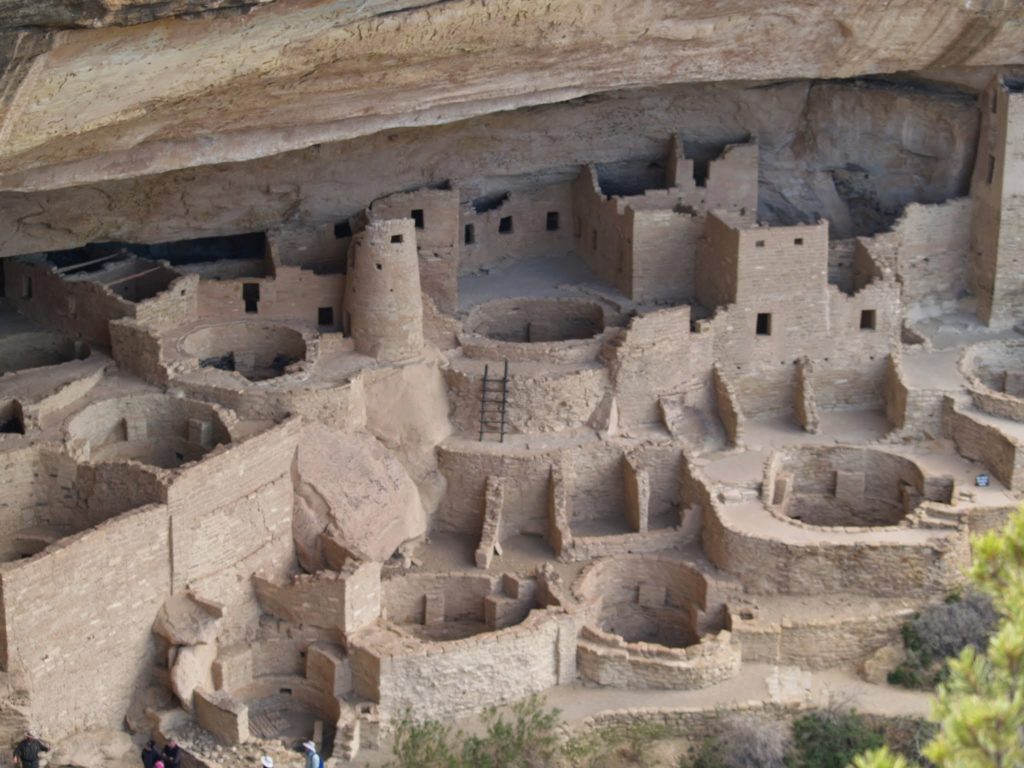
Thirty silver coins
Zechariah 11: They paid me an insulting sum, counting out thirty silver coins.
I confess I’m lost as I read this passage. Up till now, Zechariah has been the encouraging prophet, cheering the people on as they rebuild the Temple. With its negative tone, this prophecy seems out of place and sounds more like something Ezekiel or Jeremiah might have said and done. Indeed, there are no time markers in the text and it doesn’t necessarily have to chronologically follow what comes before. I don’t know whether or not this message is intended to have great meaning to Zechariah’s contemporaries. However, the thirty pieces of silver really gets our attention. This sum is the amount that’s paid for the betrayal of Jesus. Without making a serious attempt at dealing with this passage as a scholar, here’s the picture as I see it. Zechariah’s directed to take a job as the shepherd for a flock that’s marked for slaughter. Apparently, he has some authority and soon fires the other shepherds who are care nothing for the sheep. However, even though he leads the sheep with their best interests in mind, they rebel against him. Zechariah quits his job and demands his salary and is paid what he thinks of as an insulting wage of thirty silver coins — about three month’s wages. He then throws the money into the poor box. As a reader who can simply turn the pages of the Bible to the story of Jesus, this passage makes all kinds of sense. Here’s the Good Shepherd who comes to lovingly care for a people doomed for destruction. Jesus longs to gather the people of Israel to himself and to lovingly care for them. However, they rebel against him and he’s betrayed for thirty silver coins. Here we have a remarkable statement of prophecy given over 500 years before its fulfillment.
Take Away: The Lord is my Shepherd, I shall not want.
Devotional on Zechariah
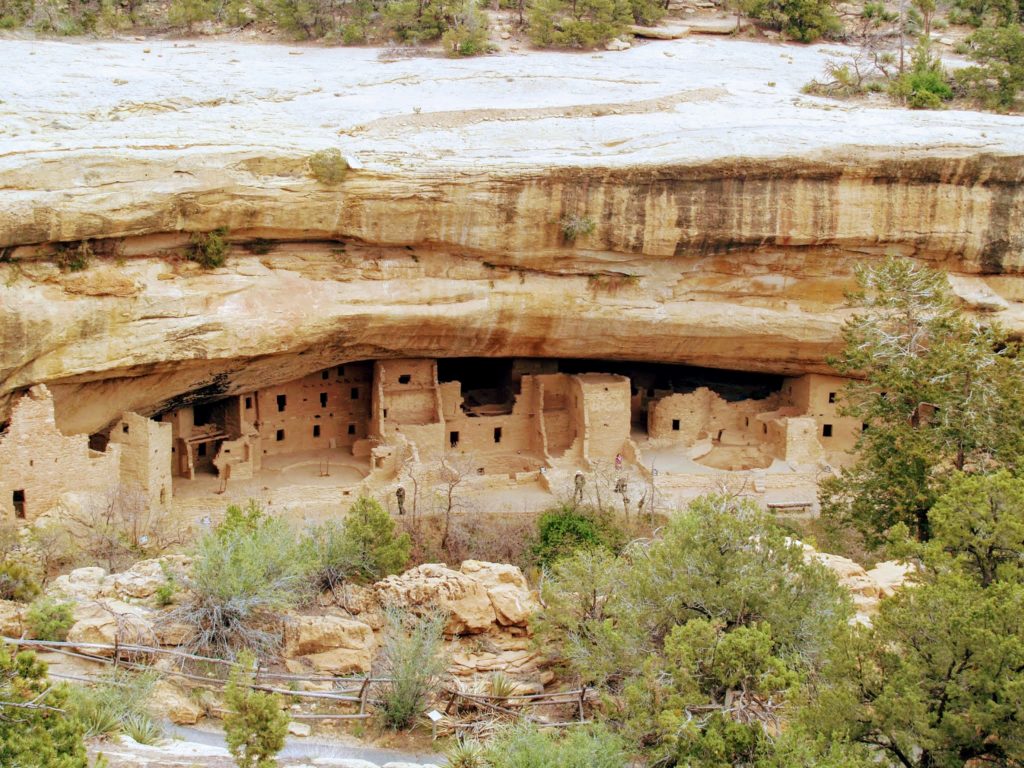
There’s a great day coming
Zechariah 12: I’ll pour a spirit of grace and prayer over them.
The prophet with a name similar to Zechariah is best known for his “Judgment Day” sermons. Zephaniah’s three chapters focus on that topic. Now Zechariah turns his prophetic gaze to “that day” (which is paraphrased in the Message “the Big Day”). Jerusalem, that city of peace, is going to be ground zero for a battle to end all battles. When it appears there’s no hope, God will take over its defense. He’ll not only destroy the attackers, but he’ll move on the hearts of his people, pouring a “spirit of grace and prayer” over them. In a moment of clarity, they’ll realize their Messiah came centuries earlier. They’ll weep as they realize that they rejected him. They’ll mourn as they remember how his life was taken, a spear thrust to the side being the final act of violence done to his body. This national act of repentance will result in God’s “washing away their sins.” As history winds down Israel will be restored as God’s chosen people. We Christians, according to the New Testament, have a place in all this. Paul says we’re like a branch from a wild olive tree that is grafted into the cultured one that has been lovingly cared for by the husbandman. Because of that, I have a stake in this promise and like Zechariah and Zephaniah I anticipate “the Big Day” promised in this passage.
Take Away: There’s a Great Day coming, a Great Day coming by and by.
Devotional on Zechariah
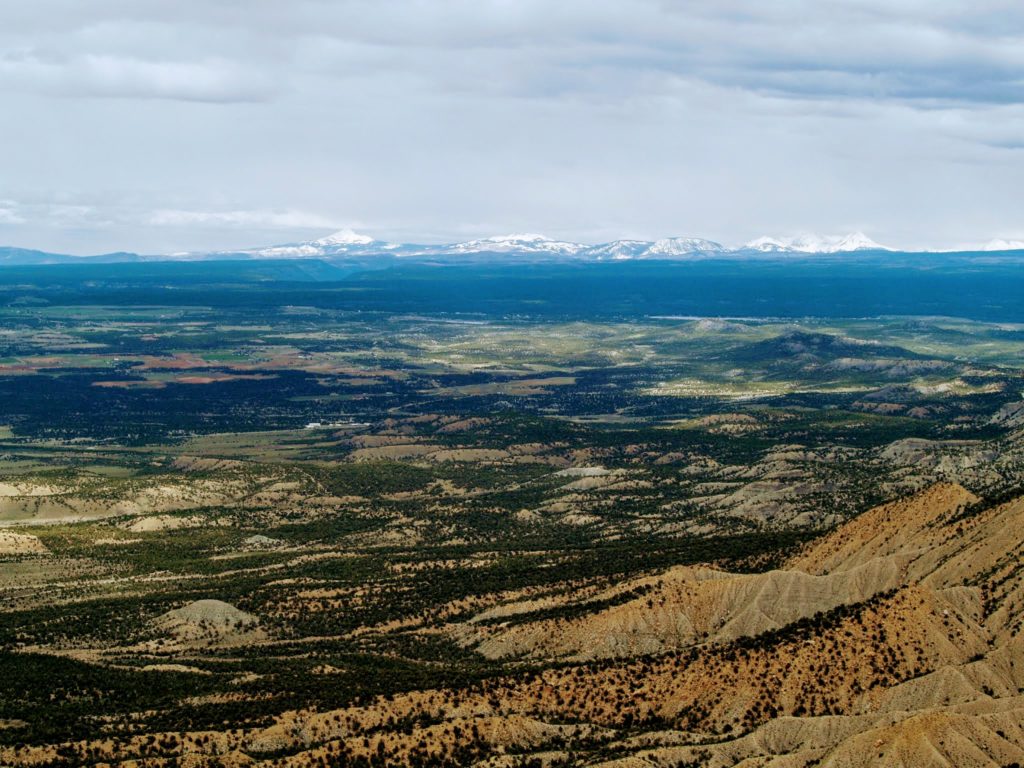
There is a fountain…
Zechariah 13: A fountain will be opened…for washing away their sins.
God’s prophet describes a wonderful day of hope when the last battle has been fought and the last foothold of sin has been purged from the people the Lord claims as his own. Zechariah envisions a cleansing fountain where people can come to have their sins washed away, their lives made clean. It was in 1772 that William Cowper penned a poem based on Zechariah’s words. Cowper had not enjoyed an easy life. He suffered severe depression and had at one time attempted suicide. Even after coming to Christ he struggled with depression. At the same time, he wrote the words to many songs of faith. His hymn based on the passage before us today is his best known. Cowper realizes that the fountain Zechariah describes flows, not with cleansing water, but with the blood of Christ. The fountain that makes “soiled lives clean” was opened at Calvary and the blood spilled there continues to wash away sins to this day. “There is a fountain filled with blood drawn from Immanuel’s veins. And sinners plunged beneath that flood lose all their guilty stains.”
Take Away: Thank the Lord for that cleansing fountain.
Devotional on Zechariah

The end and the beginning
Zechariah 14: What a Day that will be!
The prophet started out encouraging the returned exiles as they tackled the rebuilding of the Temple. He finishes his writing by looking to the future and reporting on the end of history. When things appear hopeless the Almighty will come to the rescue in what will be the final battle. The Lord will set foot on the historic Mount of Olives, just east of Jerusalem. Years after this prophecy Jesus prays on the Mount of Olives at the Garden of Gethsemane, and later, following his resurrection he ascends to heaven from the Mount of Olives. As he disappears into the sky angels deliver God’s message that Jesus will return in “like manner.” Like pieces of a puzzle revealed as the centuries pass, things fall into place. Zechariah says that when the Lord comes he’ll defeat the final enemy and when he sets foot on the Mount of Olives that it will split in half. His coming will bring all things to an end. At the same time it will begin all things anew. Then, as the disciples stand on that very same spot, angels tell them Jesus is coming back even as he has just left them. Oh yeah, Zechariah has it right: “what a Day that will be!”
Take Away: God’s people look forward to the glorious return of our Lord and Savior, Jesus Christ.
